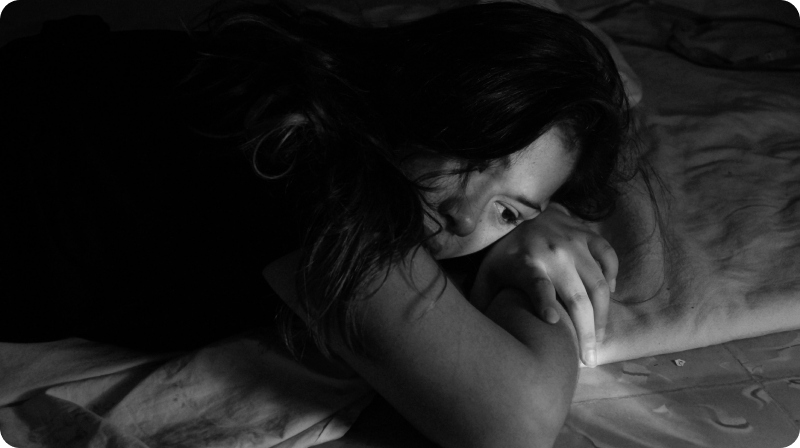Have trouble sleeping? You’re in good company. Studies by the CDC and other organizations estimate the number of adults struggling with sleep apnea, insomnia, and other disruptions to be in the neighborhood of 25 million people in this country alone. Even more individuals experience occasional insomnia or trouble sleeping at least once a month.

That’s not particularly surprising. Deep, restorative slumber has become ever more elusive in our modern world. Electronic devices, stressful lifestyles, poor diets, and more contribute to what experts have termed America’s “sleep epidemic.”
This isn’t just a matter of being a little groggy the next day. It’s not even about the unique frustration of watching minutes tick by as you stare at the bedroom ceiling. Poor sleep has actually been linked through research to half of the top fifteen causes of death. Getting a full night of quality sleep, as it turns out, is actually key to long-term health.
One of the most common complaints when it comes to sleep is the catch-all “insomnia.” This describes a wide range of conditions, from occasional stress-induced sleep loss, to chronic sleep disruption due to other issues. Lots of treatments have been developed in the fight against insomnia. Sleep medications, devices, and supplements are a billion-dollar business. None of these have proven to be effective for the vast number of sufferers, and many include significant side effects.
A relatively new treatment, cognitive behavioral therapy for insomnia (CBT-i), is proving far more effective than those other approaches. Working with a professional (doctor, therapist, or counselor), insomnia sufferers explore connections between thoughts, actions, and sleep disruption. Starting with the patient’s thoughts, the provider helps the patient adjust his or her thinking to be more conducive to sleep. The pair then moves onto investigating behaviors that should be modified to foster better sleep habits. Finally, they work together to explore the connections between the thoughts, actions, and sleep.
The process involves regular meetings between professional and patient, with homework and assigned activities. CBT-i providers have many tools in their toolboxes and may use relaxation techniques ranging from simple breathing exercises, to biofeedback, to hypnosis. Often, the toughest part of the process for patients is exploring negative thought patterns and the impact those thoughts may be having on sleep.
The process requires a good deal of engagement between practitioner and patient, but CBT-i’s success has been notable—studies have shown an improvement in sleep quality and duration for as high as 80 percent of participants. More importantly, CBT-i avoids the often significant side effects of sleep medications.
If you are suffering from intractable chronic insomnia, consult your physician for a referral to a sleep study center or directly to a CBT-i practitioner. You can also consult the National Association of Cognitive Behavioral Therapists, at www.nacbt.org.
Show some love if you liked this post!







